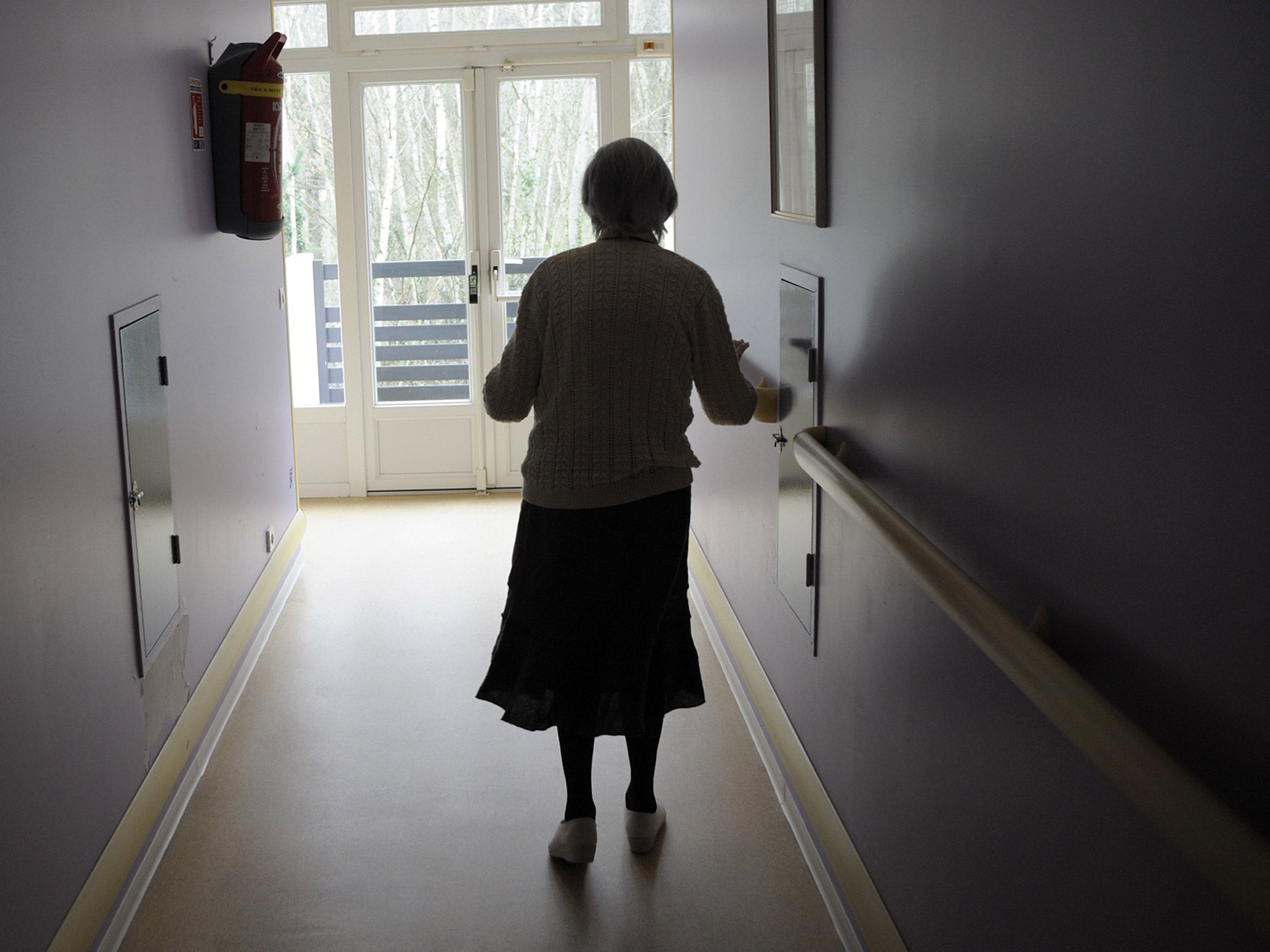Why walking slowly could be an early sign of Alzheimer’s disease
Scientists could use walking speed, alongside memory tests, to assess a person’s risk of developing dementia

Your support helps us to tell the story
From reproductive rights to climate change to Big Tech, The Independent is on the ground when the story is developing. Whether it's investigating the financials of Elon Musk's pro-Trump PAC or producing our latest documentary, 'The A Word', which shines a light on the American women fighting for reproductive rights, we know how important it is to parse out the facts from the messaging.
At such a critical moment in US history, we need reporters on the ground. Your donation allows us to keep sending journalists to speak to both sides of the story.
The Independent is trusted by Americans across the entire political spectrum. And unlike many other quality news outlets, we choose not to lock Americans out of our reporting and analysis with paywalls. We believe quality journalism should be available to everyone, paid for by those who can afford it.
Your support makes all the difference.A slow walking speed may be an early indication of Alzheimer’s disease and might in future be used alongside memory tests and other diagnostic criteria to assess a person’s risk of developing dementia, scientists said.
A study has found a link between the typical walking speed of elderly people and the amount of protein build-up in the brain that is associated with the early signs of dementia.
Scientists said walking speed could be used to help to diagnose Alzheimer’s as slower speeds may be related to the changes in the brain that take place before the onset of the disease.
“It’s possible that having subtle walking disturbances in addition to memory concerns may signal Alzheimer’s disease, even before people show any clinical symptoms,” said Natalia del Campo of the University Hospital Toulouse in France, who led the research.
The study, published in the online journal Neurology, analysed the brain of 128 people with an average age of 76 who did not have dementia, but had symptoms of memory impairment. Medical scans analysed the levels of amyloid protein, a precursor of Alzheimer’s, which were significantly correlated with average walking speed.
Laura Phipps from Alzheimer’s Research UK, said: “There can be many reasons for someone’s walking speed to slow, but it’s important to explore why and when these changes occur in diseases like Alzheimer’s and how they can be managed to improve the lives of those affected.”
Louise Walker of the Alzheimer’s Society, said: “Research has already shown that people with Alzheimer’s disease may have difficulties with walking - but it is unclear if this is due to the condition itself or other factors, especially those associated with ageing. More long-term research is needed to determine whether a build-up of the protein amyloid, which is one of the hallmarks of Alzheimer’s disease, directly leads to slower walking and whether this could form a suitable part of a clinician’s diagnostic process.”
Join our commenting forum
Join thought-provoking conversations, follow other Independent readers and see their replies
Comments